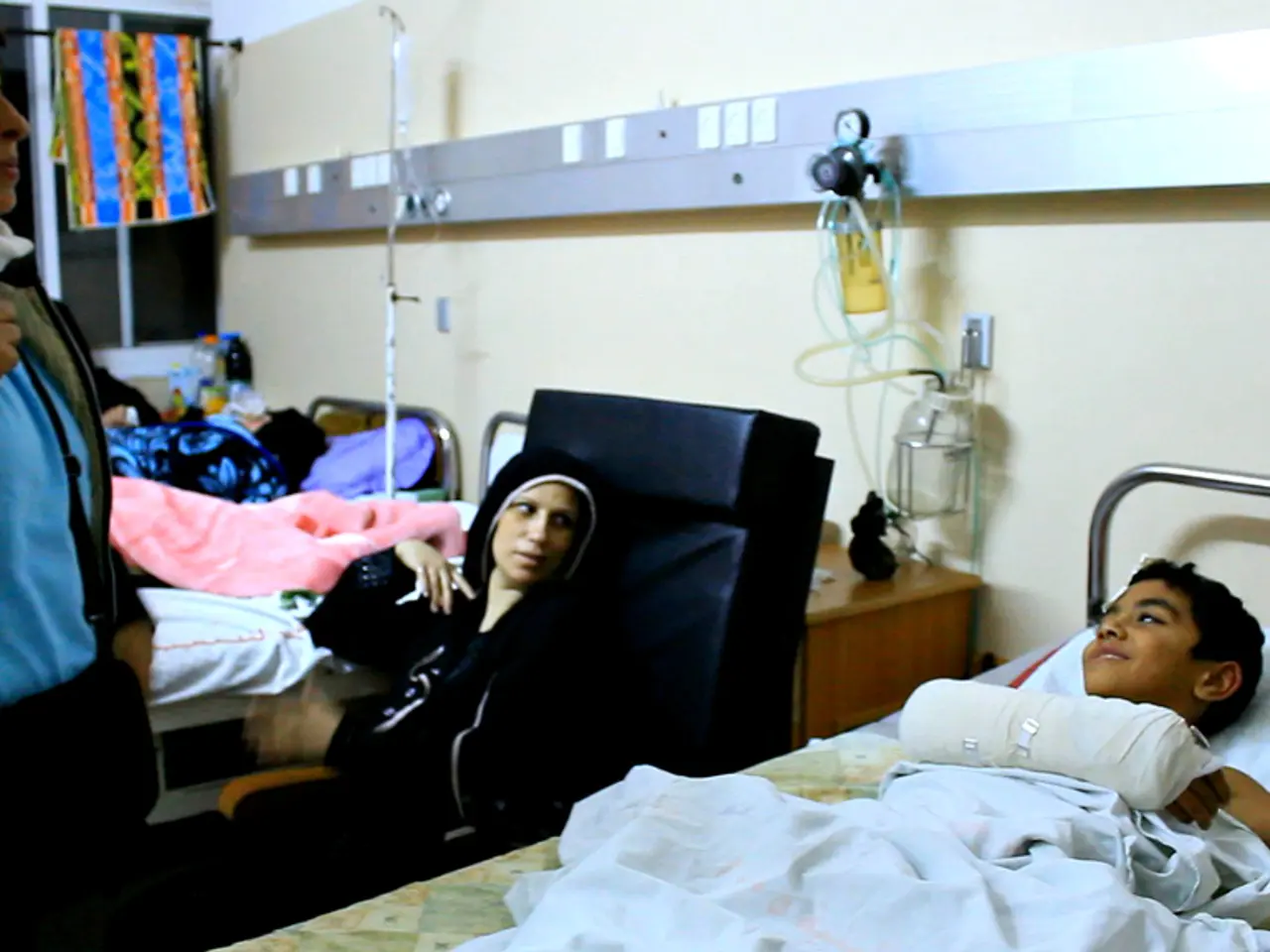Human autonomy as a basic human right – abolition of criminal law regarding abortions
In the heart of Europe, Germany is grappling with a contentious issue: the reform of its abortion laws. The debate, which has been ongoing for years, gained renewed momentum in April 2024 when a government-appointed expert commission proposed the full decriminalization of abortion in the first 12 weeks of pregnancy.
The current law, as outlined in § 218 of the StGB, is increasingly criticized for its restrictive nature. Organizations like the German Women's Council and the Evangelical Women in Germany demand a change, calling for the removal of the law from the criminal code and its integration into medical basic care. They argue that this would ensure greater reproductive freedom and respect for women's autonomy.
However, not everyone agrees. Evangelical Women and prominent Catholic authorities, including Bavarian bishops, argue strongly against liberalization. They assert that the constitutional protection of human dignity extends to the embryo from conception, and any interpretation that would exclude embryos or fetuses from Basic Law protections is unacceptable.
The Evangelical Women in Germany, along with other organizations, demand a time-limit solution outside the criminal code, accompanied by a legal claim to qualified, barrier-free counseling and comprehensive medical care. Pastor Birgit Reiche, Managing Director of EFHiW, advocates for this change, calling on the federal government to strike § 218 from the Criminal Code in the interest of social justice, medical care, and human rights-based legislation.
Self-determination, physical integrity, and social justice are central values that dictate a new regulation from the Christian perspective, according to the Evangelical Women in Germany. They emphasize that the Bible does not have a clear position on abortions and advocate for respectful, empathetic accompaniment of women in conflict situations.
The ELSA study indicates that many affected people have difficulty obtaining reliable information and local supply for abortions, particularly in rural regions. This issue has been further exacerbated by the ban by the Christian Clinic Lippstadt against its chief physician, Prof. Dr. med. Joachim Volz, from performing abortions for medical reasons.
The German Medical Assembly has spoken out in favor of decriminalization of abortions. They argue that it is essential to integrate abortion into medical training and ensure that abortions are recognized as part of medical basic care and financed by health insurance companies.
In a resolution from their member assembly, the Evangelical Women in Germany called for the removal of § 218 from the Criminal Code. They are part of the alliance advocating for a non-discriminatory, comprehensive, and law-based regulation of abortions.
The debate surrounding abortion law reform in Germany is complex and deeply rooted in ethical, theological, and constitutional considerations. As the discussion continues, it remains crucial to uphold respectful dialogue and a commitment to the rights and dignity of all parties involved.
- The call for reformation in Germany's abortion laws has resurfaced, with a government-appointed commission suggesting full decriminalization in the first 12 weeks of pregnancy.
- Organizations like the German Women's Council and Evangelical Women in Germany are pushing for the removal of the controversial § 218 from the criminal code and its integration into medical basic care for greater reproductive freedom.
- However, opponents like prominent Catholic authorities and Evangelical Women argue that the constitutional protection of human dignity includes the embryo from conception, making any reform interpretation unacceptable.
- In response, the Evangelical Women in Germany, along with other advocacy groups, are proposing a time-limit solution outside the criminal code, with a legal claim to qualified, barrier-free counseling and comprehensive medical care for women seeking abortions.




